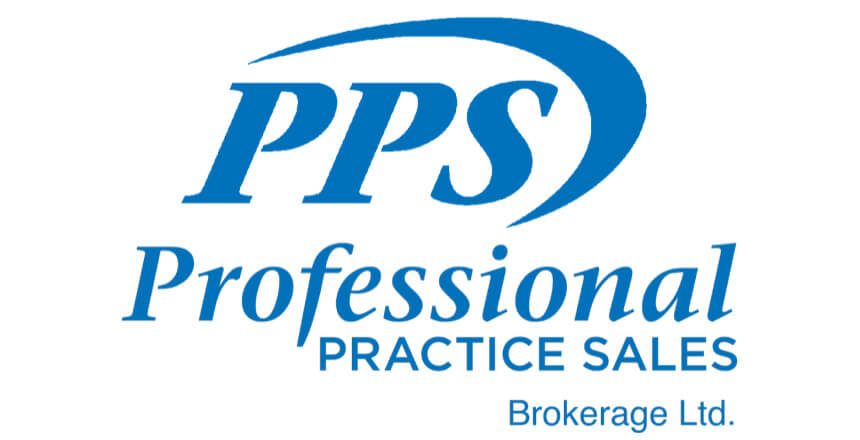
In today’s competitive environment, the business of dentistry is inextricably woven in with the clinical aspect of dentistry. For many dentists, this development is juxtaposed from their beliefs regarding their responsibilities as a health care professional. There are many ways to measure success in dentistry. Is it the beauty and fit of your crowns? The number of new patients you get? The tenure of your staff? The financial results of your practice? Your happiness? Of course all of these are important factors and everyone will place different emphasis on each. We will take a look at the dental practice as a business and examine the factors that should be considered to keep that business vital and valuable.
We are constantly surprised by the broad spectrum of dentist’s knowledge about their practices. Some dentists are aware of every detail, and some dentists have little knowledge about the state of their practice.
While there are some exceptions, it is generally the case that the best performing practices have owners who are fully engaged and aware of the operating details of their practice, and are typically up-to-date with both clinical and business trends in dentistry today.
When we ask less-informed dentists why they don’t know a lot about their practice, there are various replies, including that they don’t have time to learn, are not interested in non-clinical details, or more commonly that they don’t have the business knowledge or skills to understand or fix their practice.
Consider that dental practices are essentially small businesses and we know that even small businesses have some form of corporate infrastructure, including a sales department, finance department, operations department, marketing department, and human resources department. In a dental practice, the dentist has to be the head of all of those departments, certainly a daunting role!
I recognize that it is almost impossible to have all of the skills required to be competent in all of those areas, however why is it that some dentists excel and others do not? We think that the reason is that some dentists prefer to think of themselves as clinical providers only, and the business side of the practice should take care of itself. Believe it or not, being a great clinical dentist is rarely the most important factor in determining the success of a practice.
The important information that you should know about your practice is wide ranging and includes:
- How many active patients do you have?
- What is your billing per patient?
- How efficient is your hygiene program?
- How much does your hygienist produce per hour?
- Are your staff costs in line with industry averages?
- What are your sources for new patients?
- Are you losing patients?
- What are your production and expense budgets?
- Do you have a technology plan?
- Do you have a clinical improvement plan?
- Do you have employment standards and have employee goals?
- Are you taking advantage of emerging marketing opportunities including social media, etc.?
- How is your practice structured for tax planning?
- What is the competition in your area, and how does your office compare?
The reason that this information and the ability to manage your practice are becoming more important is due to the ever increasing competitive environment that we are facing. Since the dentist population is growing more than 2.5 times greater than the actual population, the competition for patients is increasing at a fast pace. This increased competition may put pressure on practices for new patient flow, may create some downward price pressure, and possibly affect the profitability of your practice. This fact combined with the fact that there may be a surplus of offices for sale at the same time in the future, will put your office in competition for top dollar at the eventual time of sale.
Dentists seem to have an amazing thirst for knowledge, they are always reading, going to courses, seminars, etc, but often this knowledge is for clinical topics, not practice management or financial management topics.
The information to begin to improve your overall practice knowledge is readily available from a variety of sources, including peers, publications, internet, accountants, dental suppliers, consultants, practice valuators, etc.
We truly believe that if you take a more comprehensive look into your practice and start to gain the skills necessary to be able to analyze, evaluate and make required changes that you will not only develop a more profitable practice, but along the way, may decrease your stress levels, increase your enjoyment, as you will likely feel more in control of your practice and its future.

